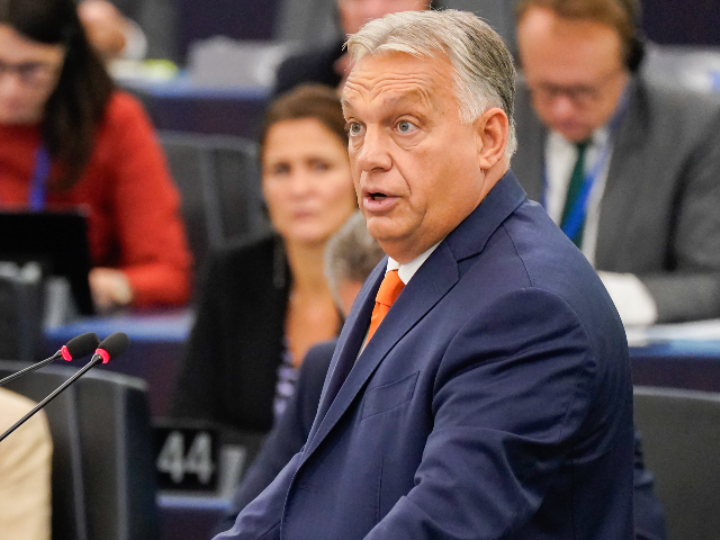by Benjamin Fox
A number of countries, including Botswana, are putting pressure on the European Commission to remove them from the controversial ‘blacklists’ of countries deemed not to be cooperating in the fight against money laundering and terrorist financing.
The decision by the EU executive on whether to remove countries from the lists is expected to be made in October. Being on the list means that banks must apply stricter due diligence to financial flows involving those countries, and companies there may not receive EU funds.
The ‘blacklist’ has been controversial and a sore point in EU-African relations for several years, with some African finance ministers pointing out that the EU has done little to crack down on its multi-nationals exploiting tax treaty loopholes to dramatically reduce their tax obligations in African states each year.
African critics also complain that the Commission gives them little chance to explain their laws. While Mauritius was warned at the start of the year that it faced being penalised because of its banks’ failure to tackle terrorism-financing, officials in Botswana and Ghana were not.
Botswana’s EU Ambassador, Samuel Outlule, told EURACTIV that the EU listing came as a “shock”.
“This action, taken during a devastating pandemic, is tantamount to effectively destroying the economy of Botswana,” the Ambassador added.
“We had hoped, and still hope, the spirit of partnership would prevail and cause us to rather work together constructively with the EU to address the concerns raised through mutual dialogue, as opposed to one party taking unilateral, punitive actions against the other,” Outlule said.
The African Caribbean and Pacific (ACP) community has previously described the listing process as ‘unilateral and discriminatory’.
However, Botswana hopes that it will be removed from the EU’s ‘grey list’ of uncooperative tax jurisdictions once the Mutual Administrative Cooperative agreement is signed, which it is on the brink of signing.
The Botswana government says it had submitted a report to the Financial Action Task Force (FATF) at the end of February 2020. However, an in-person review scheduled for March 2020, was cancelled due to the outbreak of the coronavirus pandemic and postponed to April 2021.
Moreover, the Remedial Action Plan agreed by the two parties, valid up to the end of December 2020, was extended to April 2021.
“Unfortunately, the EU decided to blacklist us before the expiry of the Plan, and without any consultation and feedback from the FATF on the report submitted in February 2020,” Outlule told EURACTIV.
To be removed from the list, as Ethiopia and Tunisia were earlier this year, governments must comply with the EU’s anti-money-laundering regulations and make information on beneficial owners of companies and trusts publicly available.
“There was no consultation between the European Commission and the government so it came as a surprise,” Ambassador Outlule said.
“We were not being a difficult partner and made it known via the Foreign Minister and finance minister to EU forums and treasuries that it was most unfair for the EU to treat us this way.”
The ambassador conceded that the issue has “put a dampener on our relations with the EU but has not soured things.”
“We have continued to work with the EU and hope that this will be taken into account”, he said.
*first published in: www.euractiv.com




 By: N. Peter Kramer
By: N. Peter Kramer
